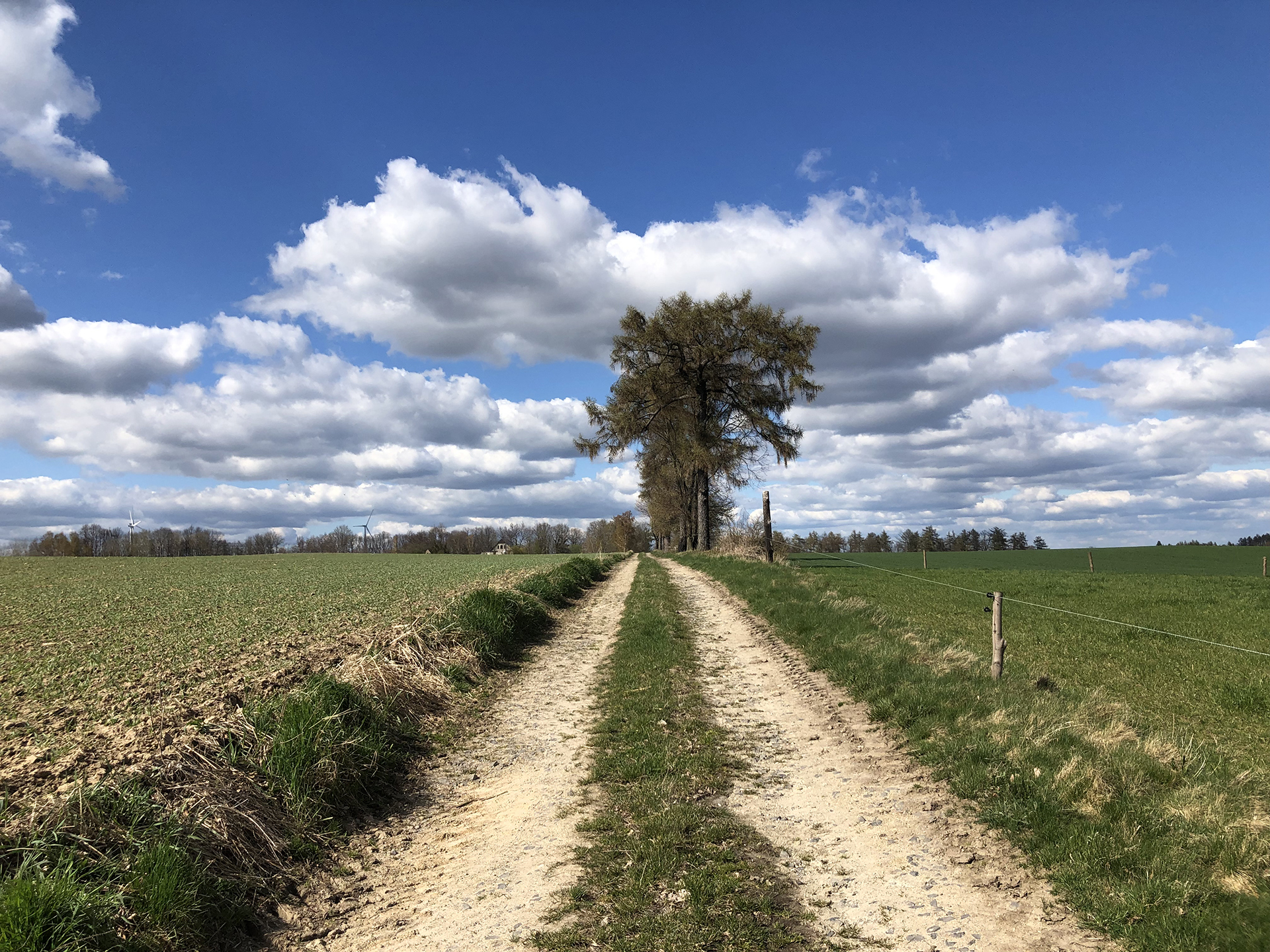
Border Narrative
Border Narrative
Oberlausitz im Wandel
»A lost village, a found hope: the story of Wigancice Żytawskie. A devastated and abandoned village is now about to enter a new chapter. The heart of this remote village is beating again thanks to the courageous actions of the local inhabitants. Discover a fascinating journey of renewal born of dreams, faith and respect for nature. Immerse yourself in a story that reflects the strength of community and the perseverance of people who refused to be forgotten and are now searching for a new meaning in a village that has decided to take up the challenge and come back to life.«
There has never been a story like this in Poland, and perhaps not even in Europe. It takes place in the tri-border area. A degraded, depopulated and devastated village has a chance to re-emerge as an ecological and modern settlement. And this is all thanks to the commitment and respect for tradition and culture of the former inhabitants of Wigancice Żytawskie (German: Weigsdorf). This story is about this border village.
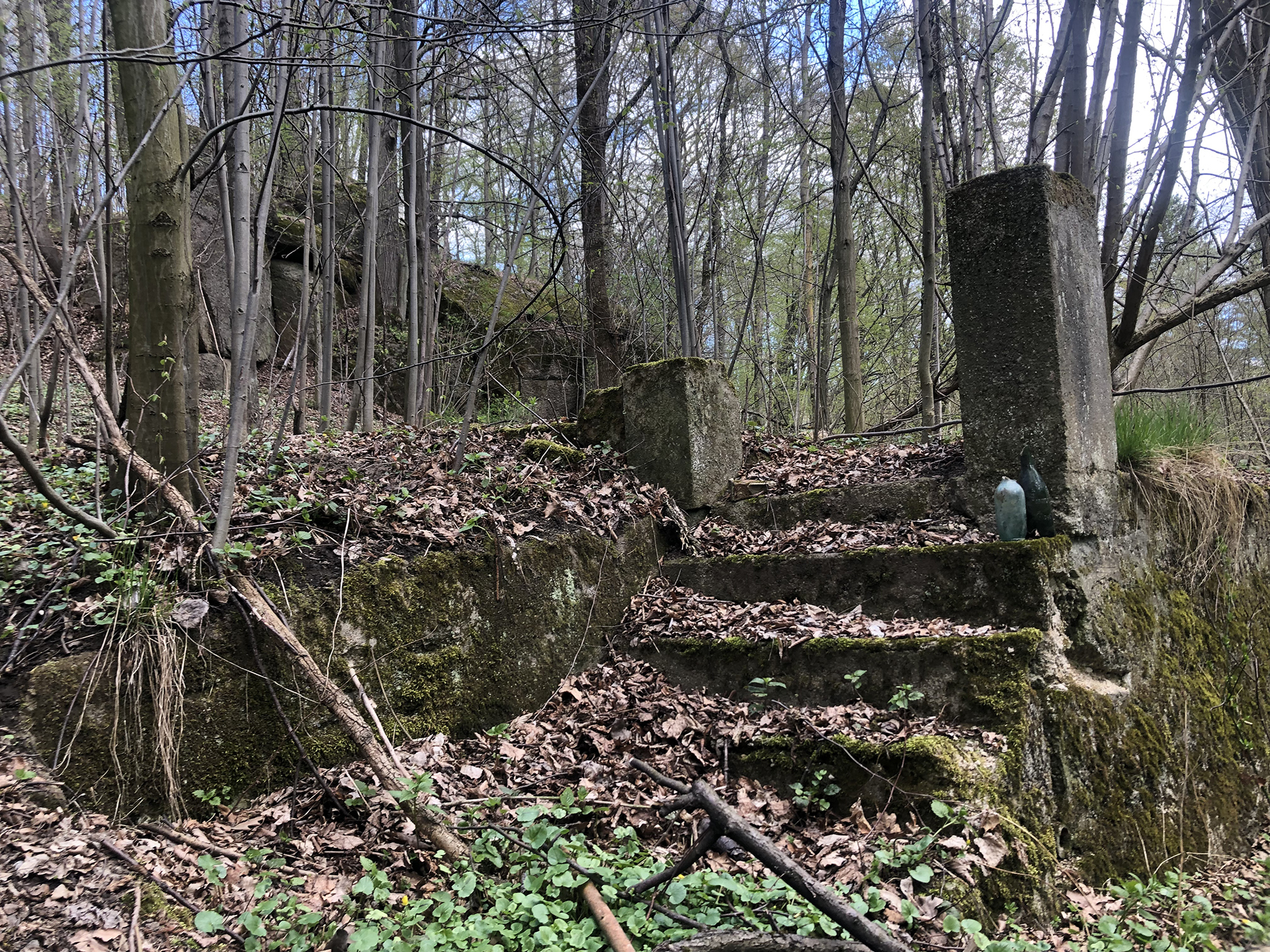
The village of Wigancice Żytawskie, first mentioned as early as the 14th century, was outside Poland until after the Second World War. The Polish history of this village lasted just half a century. Poles who resettled here after the war, mostly military men, settled in this charming border village in good faith. They never imagined that their family saga would end here so soon... Already in the 1990s, the village began to depopulate as the energy industry claimed its victims. Wigancice was to be filled with waste material from the nearby Turów mine. The village was to become a slag heap. The decision was made and the inhabitants of the village were resettled, and after resettlement, the houses were demolished. During the backfilling of the village it turned out that the mine had changed its plans. It was no longer Wigancice that was to be backfilled, but the open pit mine. However, it was already too late, the school and the stores in the village had disappeared and a few families were left without access to the world, facing the mine dump. They moved away on their own. The village has been empty now for over 30 years. The Poles destoryed everything that had been built in the 700-year history of the village, which had been under Polish administation for 50 years, and all that remained of the settlement were fruit trees, bushes, the remains of buildings and ruins... But that was how it was to be, for Wigancice was to share the fate of many villages swallowed up by open-cast mining. The developing Polish industry claimed victims in the form of expropriations. People left their homes and villages so that electricity could flow from Turów.
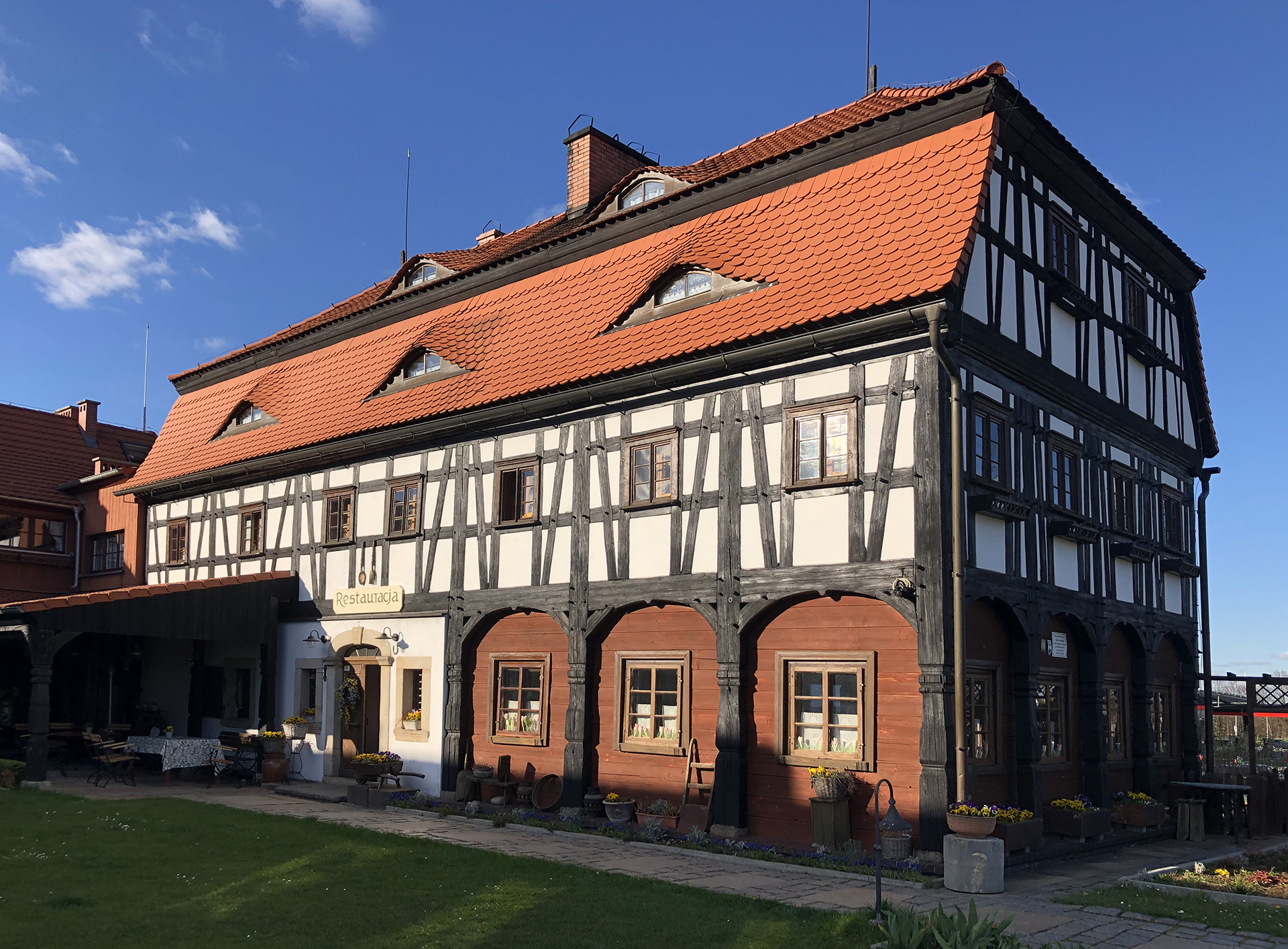
And everyone would have forgotten about the village if it were not for the story of a house that is a landmark of the region. The house, which is now one of the most beautiful half-timbered houses on the Polish side, is also the only building that survived the destruction of Wigancice. And it did so in style! The wheelwright's house - a worthy guardian of memory. It was moved from Wigancice to Zgorzelec 20 years ago and restored with the utmost care. The historz of the house, families and the whole village has survived with this building. A history that the regional authorities or the Turów complex do not really want to remember. And if it weren't for the memories, if it weren't for the the wheelwright's house that reminds us of the village, if there were not the great sentiment of the former inhabitants, probably no one today would remember that there was ever such a place as Wigancice Żytawskie.
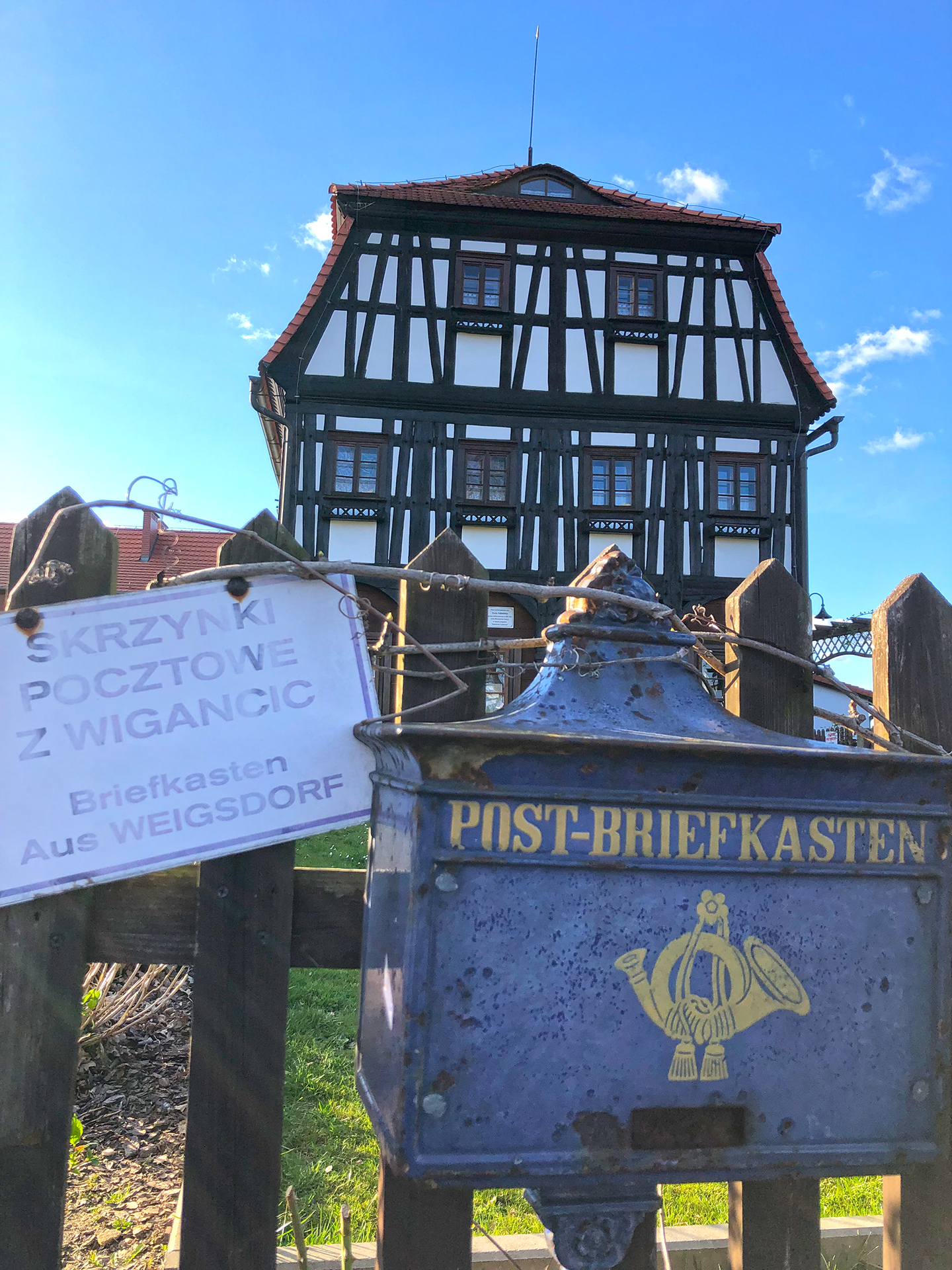
Perhaps dreams, visions and respect for tradition will soon make Wigancice a topic of conversation throughout Europe, but certainly throughout Poland, because such a project has never existed in this country. The village, degraded by industry and resettlement, has a chance to be reborn and develop into a modern, ecological village while respecting tradition and the environment. It is located right on the Czech border and offers great potential and a beautiful view. The slag heap has been greened in the meantime. Awayfrom the noisz roads and the Turów complex, it has become overgrown in the last 30 years.
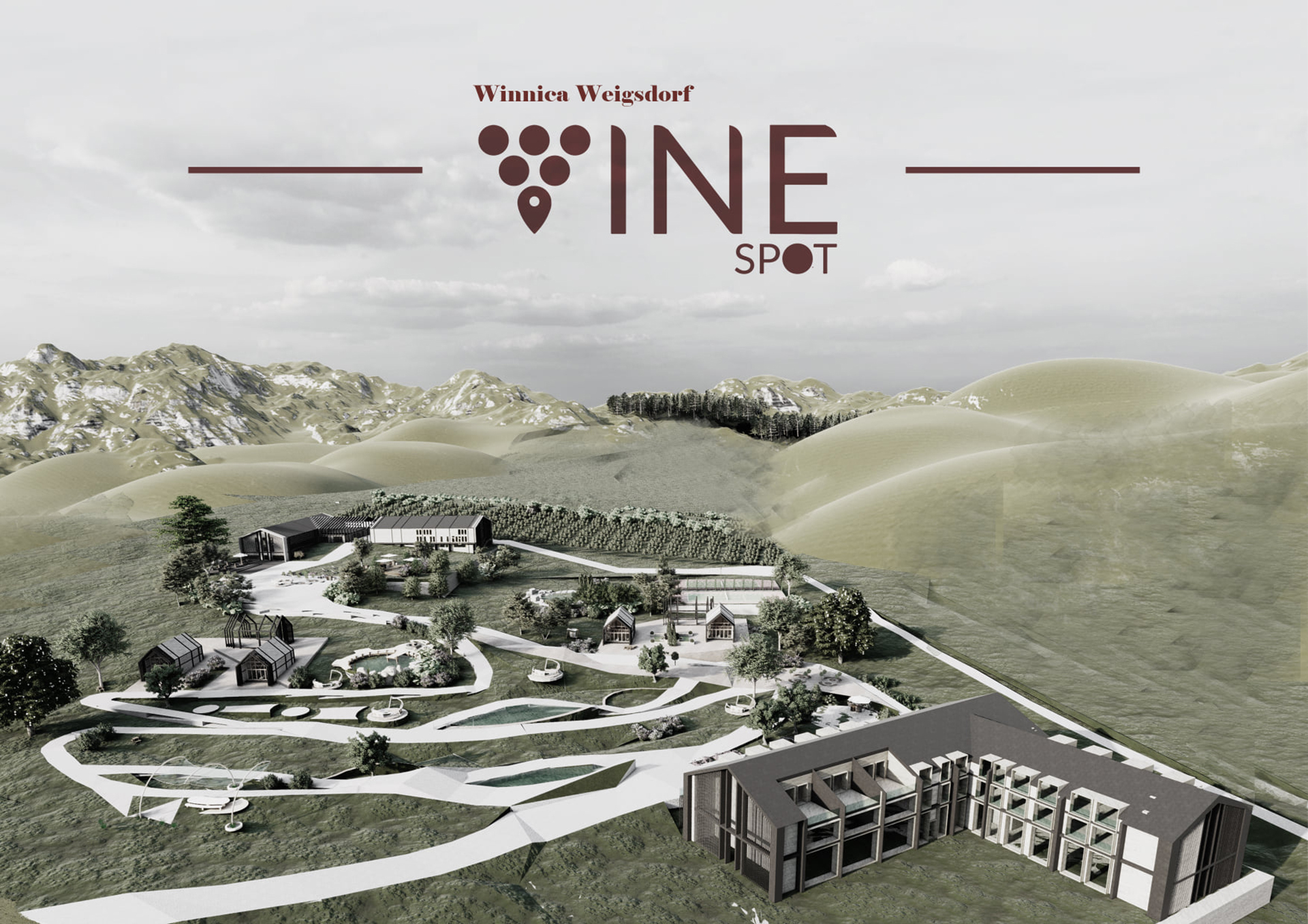
And now? It could become the most modern and perfect village in Poland. And consciously so. It could be inhabited by about 300 families, as it was shortly after the war, 100 plots of land are already in private hands. There are concepts and plans for the development of the village, but for settlement the authorities lack the will - the road must be rebuilt, the water supply must be improved. Thermal water was discovered in the village 40 years ago, which could be used to heat buildings. The place has incredible potential. Not only the sentimental former inhabitants know this, but also scientists and students who would like to conduct research here. Thanks to their commitment, 8 different village concepts have already been created - there's something for everyone. There are viewing terraces, agritourism, hiking and biking trails, a viewing platform, cross-country ski trails, modern homesteads made of natural materials and modern half-timbered houses. One of the masterpieces is a design for a winery and spa in Wigancice, the others are no less extraordinary. And all this has a chance of realization, because the former inhabitants and new owners of the land are determined to rebuild the village. They are putting pressure on the authorities, seeking grants and believing that this extraordinary place can be brought back to life. With respect for nature, neighbors and the surrounding area. These are probably unprecedented actions. A space devastated by mistakes will be reborn. The project "Slow Village Revital" is gaining momentum thanks to the local community in collaboration with the Association "Stellmacherhaus" and the universities. The modern history of the village is a story about roots, attachment and dreams. But above all, the story of the people of Wigancice is also a story of destruction, hope and vision. A story with a happy ending, which we will all get to witness.
